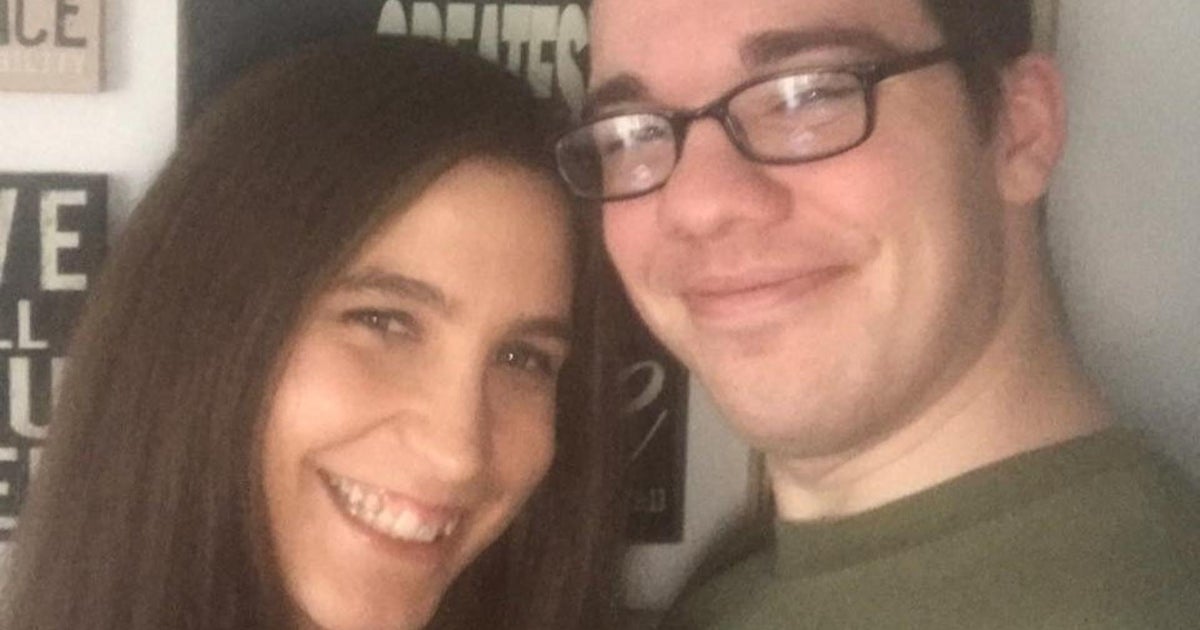The apocalypse likely won't turn us into killers, game study suggests
When everything hits the fan, the end of the world is more likely to look like a friendly summer campout than an uber-violent scene from “Mad Max” or “The Walking Dead.”
At least that’s what researchers from a University of Buffalo-led team determined by looking at the in-game actions of over 80,000 players of the massively multiplayer online role-playing game ArcheAge.
The MMORPG allows players to build, trade, fight, farm, explore and much more within a medieval world. The researchers used a closed beta test of the game as a way to study a hypothetical situation we’ve all thought about, but is impossible to study in real life: what would you do in your final days and hours if you knew the world was coming to an end?
In this case, players were told their virtual world would be destroyed at the end of 11 weeks. Once the game’s beta test ended, all the data from the medieval MMORPG was deleted, so the scientists’ thinking was that players’ virtual actions leading up to the end of the test were a way of studying human behavior in an extreme situation where actions essentially become devoid of consequences and therefore meaningless.
It’s obviously a bit of a stretch to compare the end of a beta test to the demise of human civilization, a point the researchers concede.
“We realize that, because this is a video game, the true consequences of the world ending are purely virtual. That being said, our dataset represents about as close as we can get to an actual end-of-the-world scenario,” University of Buffalo postdoctoral researcher Ahreum Kang said in a statement. Kang is lead author of the study, which will be presented in April at the International World Wide Web Conference in Australia.
Computer scientists analyzed over 275 million records of player behavior and found an increase in anti-social actions like murder, but only by a small percentage of players.
The researchers categorized players’ behavior into activities like partying, combat and home building. While there weren’t any other major changes in behaviors toward the end, there was a boost in positive sentiments on the game’s chat, with players apparently reaching out to make or reconnect with friends before it was too late.
So if the world ends, we might see more psychos like Negan in “The Walking Dead,” but the data shows that even in a virtual apocalypse, we’re more likely to turn to friends and loved ones, and even make new friends as oblivion approaches.
“It’s kind of like sitting next to a stranger on the airplane,” Kang said. “You may keep to yourself during the flight, but as the plane reaches the runway, you strike up a conversation knowing the end is in sight.”
Well, actually, I don’t know many people who do that. But if I knew the flight was about to end in a crash, I suppose I probably would suddenly be a lot more chatty... if only in a panicky kind of way.
Solving for XX: The industry seeks to overcome outdated ideas about “women in tech.”
Crowd Control: A crowdsourced science fiction novel written by CNET readers.



